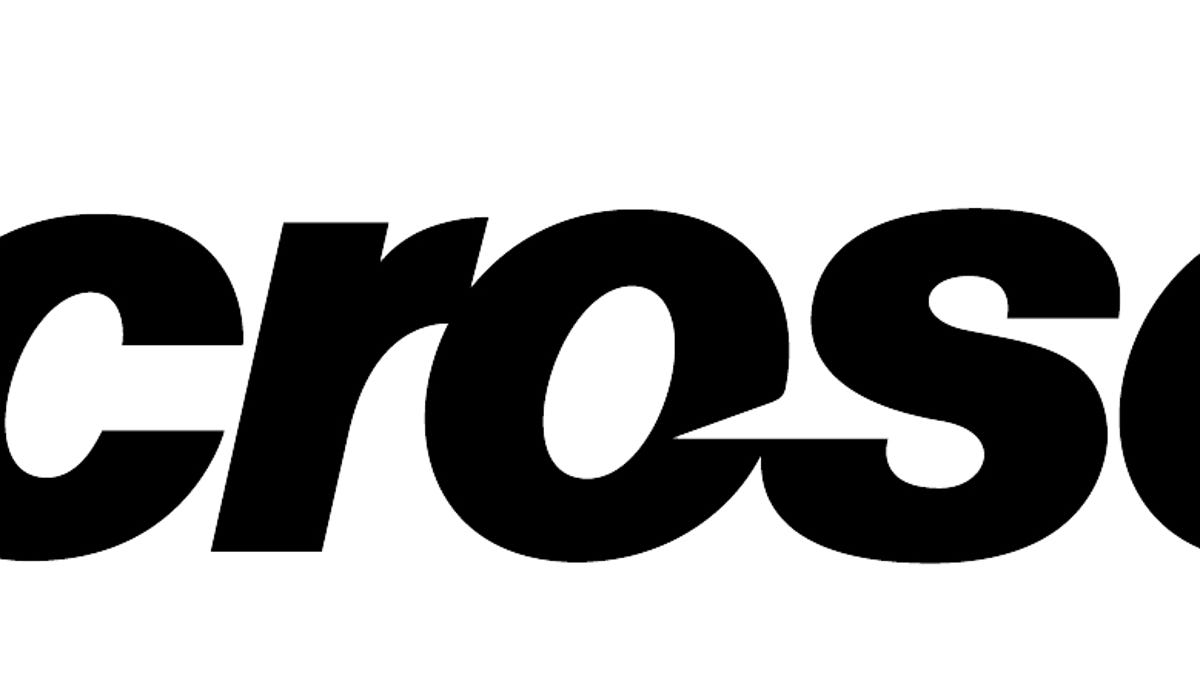Microsoft touts mobile, Kinect to shareholders
Company execs paint upbeat picture at annual shareholder meeting despite some of the usual grumblings on things like stock price and dividends. Green committee gets rejected.

Highlighting recent product successes like the launch of Kinect and Windows Phone 7, Microsoft today painted an upbeat picture for shareholders at the company's annual meeting.
That, of course, didn't quell the usual grumblings from shareholders about things like stock prices and dividends, including one suggestion that the company be split into pieces.
Like in years past, CEO Steve Ballmer opened the meeting by giving a brief overview of the company's product launches and financial accomplishments, including Microsoft's record $16.2 billion in revenue, shares being up 30 percent from the same time last year, and strong Windows 7 adoption. He said 240 million Windows 7 copies have shipped, the same stat the company shared in late October.
Ballmer also went into detail on Microsoft's recent product launches, referring to the Kinect as "not just the future of video gaming," but the "future of entertainment." He said the company was pleased with Kinect's sales numbers, which topped 1 million in its first 10 days on the market.
Not shared were those numbers on Windows Phone 7. Ballmer said the company was off to a "great start" with Windows Phone 7, but that there was still "a lot of work to do." In either case, Ballmer said phone OS had put the company "back in the smartphone game."
Following the re-election of Microsoft's nine board members, the company fielded questions from a handful of shareholders. Regarding the stock price and dividends, which were addressed as part of four different questions, Ballmer said simply that he understands the frustration. "We're all shareholders," he said, but that "ultimately the stock market gets it right, and we get it right." Ballmer said more simply that investors don't always understand Microsoft's business in both the consumer and enterprise markets, the latter of which has helped fuel a large chunk of the company's earnings this past fiscal year.
As for dividends, which one shareholder called "a pittance," Ballmer addressed those claims by saying the company had one of the top dividend payouts among large technology companies. "We have a higher yield than most, not all, but the upper echelons of technology companies. We'll continue to be solid on our dividend sales, but work harder on product," Ballmer said.
Also on the meeting agenda was a proposal that would create a board committee on environmental sustainability, which shareholders ended up turning down.
The committee, which Microsoft's board members had advised shareholders to vote against, would have put into place a group that would assess Microsoft's energy use, waste disposal, as well as take into consideration things like natural resource limitations. The committee would then share this information with both Microsoft's board and the company's shareholders.
John Harrington of Harrington Investments, who had submitted the proposal on behalf of Microsoft's shareholders, pitched the idea as something other large companies like Intel and Monsanto had already adopted. Harrington also noted that these two companies had gone one step beyond and included outside council for drafting a legal charter.
Bill Gates, Microsoft co-founder and chairman of the board of directors, attended the meeting and unlike last year, actually spoke. He answered a shareholder question about breaking up the company into separate pieces--something that had threatened the company at the beginning of the decade.
After Ballmer detailed how things like Bing were ending up being built into Windows and the company's latest handsets, Gates attributed some of the most recent product developments to Microsoft's interconnected nature. "The Microsoft brand, the scale of Microsoft Research on a worldwide basis, the intellectual property we build up, the way we hire and train people, there's a lot of synergy across the company and it's been a real strength," Gates said.
"If you look at the evolution of Office and how it uses the cloud, if you look at some of the evolution at some of the gaming assets and how those connect to the communications and some of the things we're doing, I don't think there's a line where you find net simplicity by trying to create a new company," he said.

